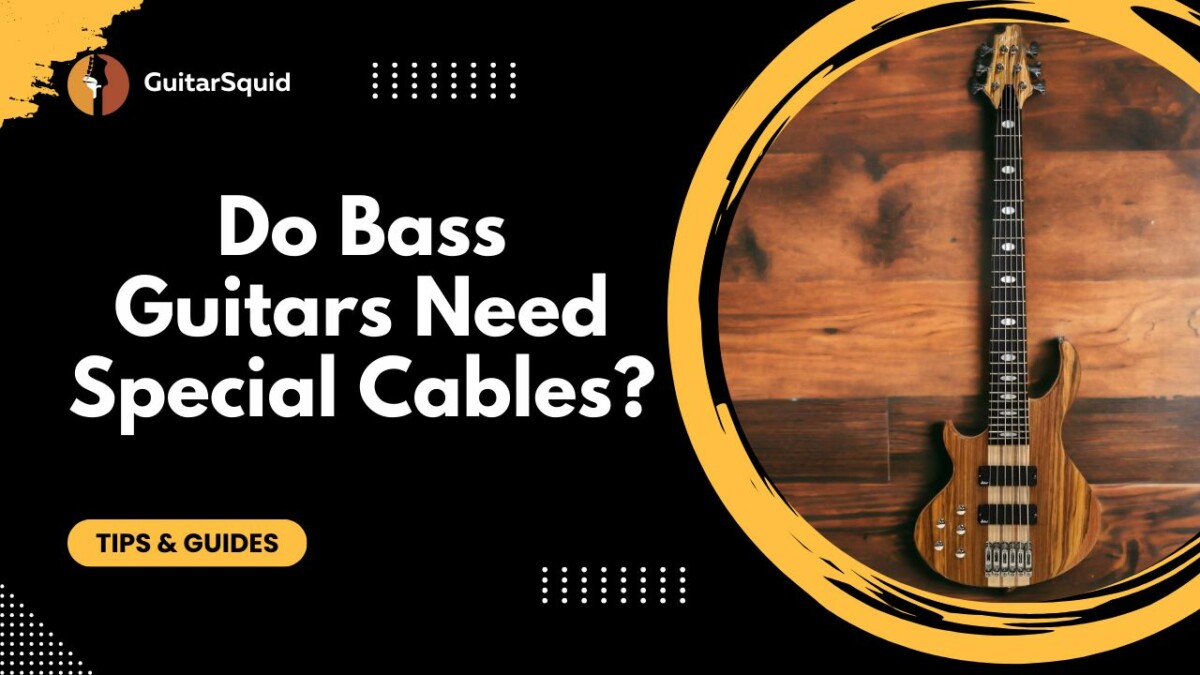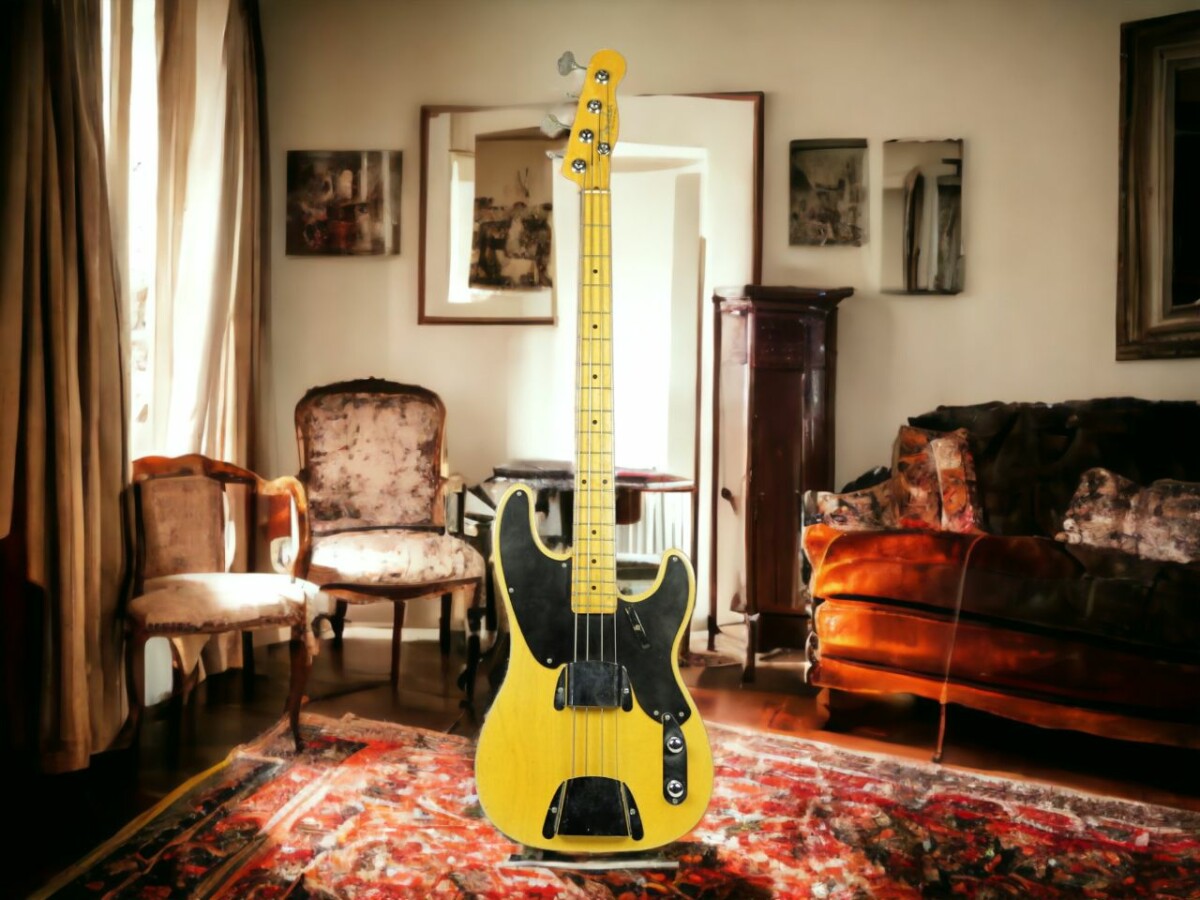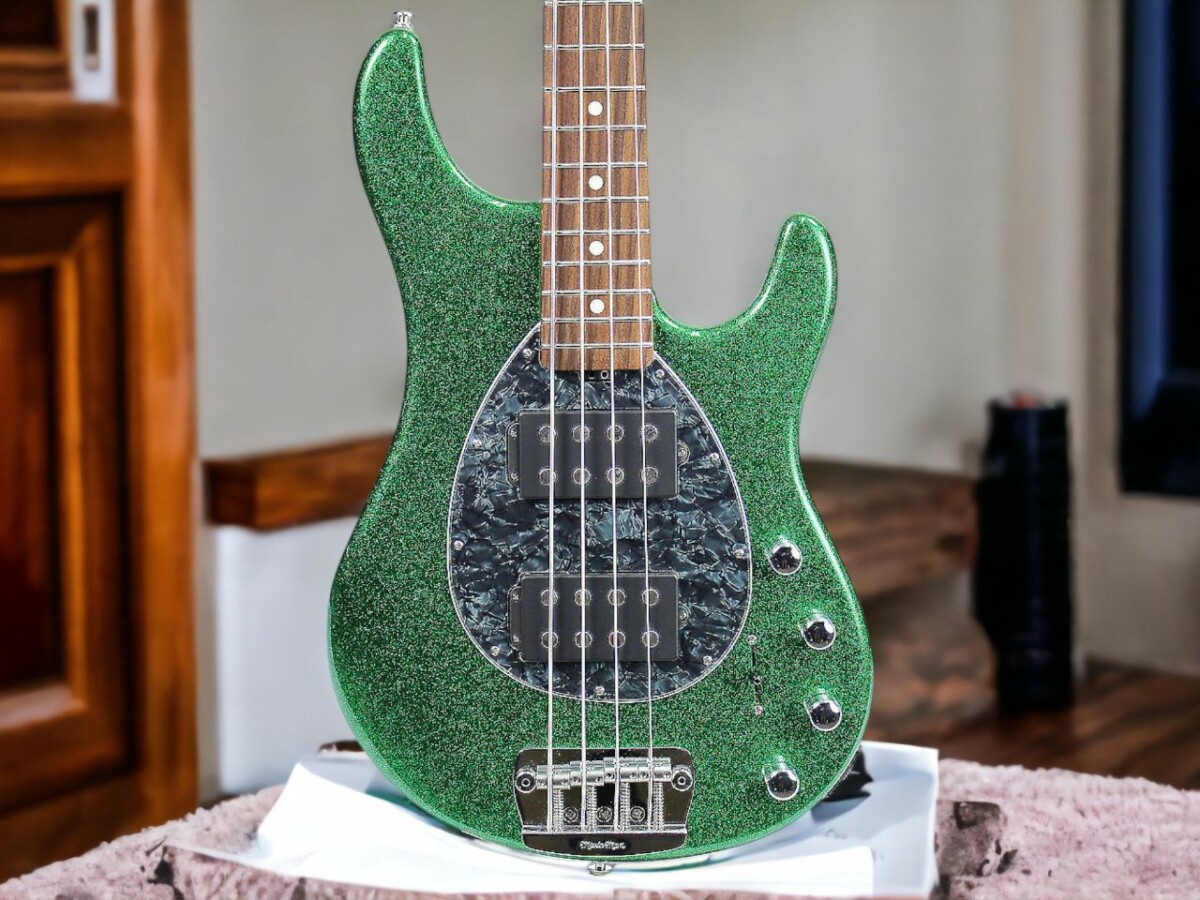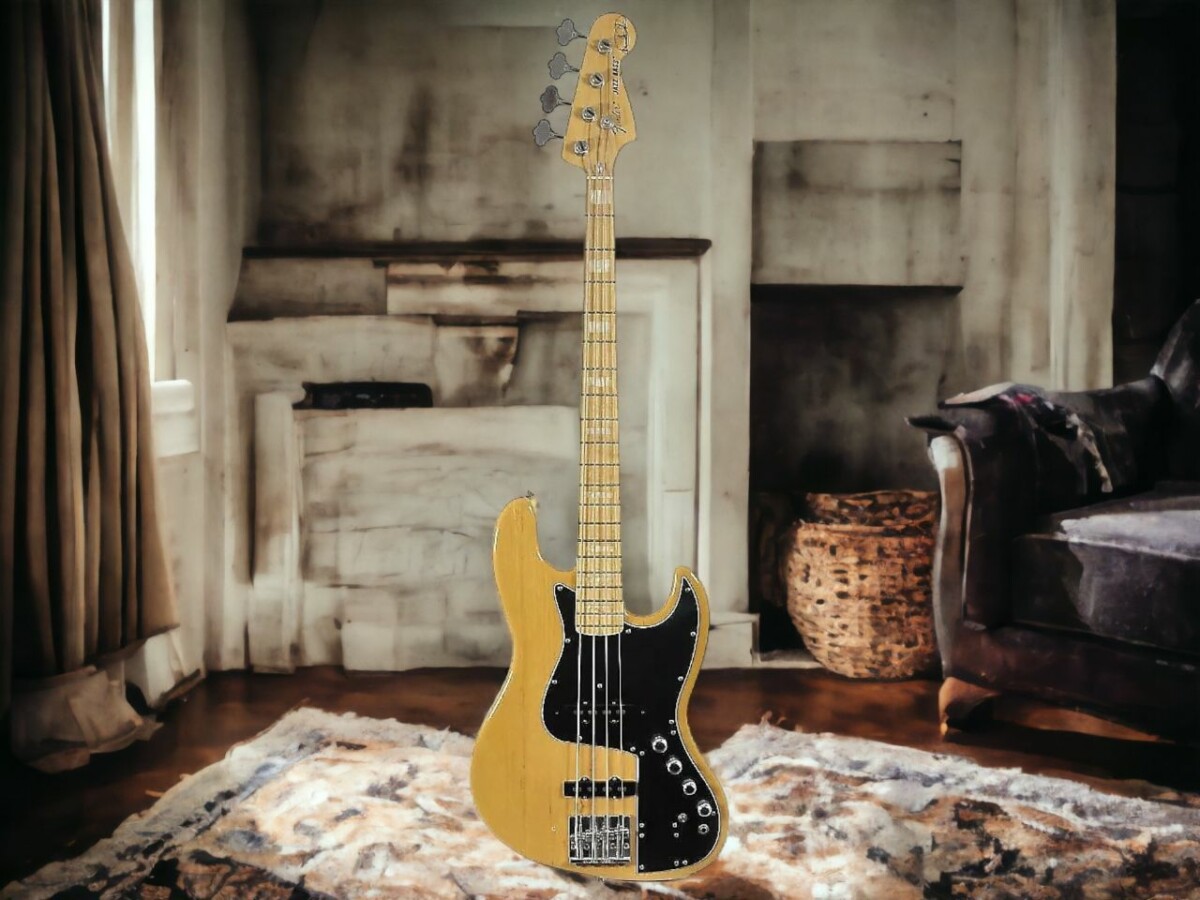Getting ready to take your bass guitar skills to the next level, huh? But, hold up. Are you sure you’ve got the right cable? You might think it’s all about the bass or electric setup, but that’s where you’re wrong, my friend. Quality matters and it matters a lot. Believe it or not, a whopping 80% of your sound quality actually comes from the cable you use.
So, let’s get rid of those old misconceptions and delve into what really influences your sound. Making the right choice could be your golden ticket to that mind-blowing performance you’re aiming for.
Do You Need A Special Cable For Your Bass Guitar?
No, bass guitars do not need special cables. They use the standard 1/4-inch instrument cables, just like regular guitars. But, I would say that it’s always good to invest in a quality cable to ensure the best sound and durability.
When it comes to your guitar or bass, it’s pretty chill that their cables are basically swappable, without any major hiccups. But, hold up! You’ve got to know your cable game.
Whether it’s a guitar or a bass, don’t sleep on getting shielded instrument cables with a tip-shield jack. Speaker cables or TRS ones? No way, mate! They can mess things up badly, creating all sorts of noise and issues you don’t need.
Some of your instruments might need a TS cable to kickstart their active electronics, so using the wrong wire can turn your jam session into a noisy mess. And remember, cheaping out on cable quality isn’t a smart move.
Investing a few extra bucks can mean the difference between a solid connection and killer sound transmission, or a mediocre music experience. So, don’t just play your music, live it!
Choosing the Right Cable for Your Bass Guitar
Picking out the right cable for your bass guitar is more crucial than you might think. It’s not just about getting that killer sound – it’s also about keeping your beloved instrument safe from potential harm. By the way, if you’ve ever wondered about the rhythm dynamics between bass guitar and drums, check out this article on whether the bass guitar follows the drums. It’s fascinating stuff!
Don’t get it twisted, all cables aren’t created equal. What your bass guitar craves is an instrument cable that sports a tip-shield jack and shielded wire. Stay away from TRS or speaker cables – they might seem like they fit but trust me, they’re trouble. You can end up with annoying issues or a pesky loud thumping noise, especially if you’re using sockets designed for TS cables.
If you’re interested in branching out with different brands of bass guitars, did you know that Martin makes bass guitars? Their instruments are quite impressive!
Now let’s talk about quality – it’s non-negotiable. Don’t go cheap on this. If you invest in moderate to high-quality cables, you’re guaranteeing a solid connection and top-notch sound transmission.
Speaking of top-notch sound, ever been curious about how bass guitar strings are made? The process is both intriguing and impactful on your sound.
I can’t stress this enough – the right cable can seriously level up your bass guitar’s performance. So, make a smart move and choose carefully.
Issues With Using Incorrect Cables for Bass Guitars
Sure, it might seem easy to just snatch any cable that seems to fit, but trust me, using the wrong one for your bass guitar can stir up quite a bit of trouble. You might even end up busting your precious instrument.
For example, if you opt for a TRS (balanced) cable or speaker cable when you should be using a classic instrument cable, you’re looking at signal loss and annoying noise. This kind of stuff can seriously mess with your sound quality, and that’s the last thing you want when you’re trying to make great music.
And here’s another thing, if you’re plugging a TS (mono) cable into a TRS (stereo) socket, you might just kickstart your instrument’s active electronics. This could result in a loud thumping sound that no one asked for. The issue isn’t just about sound, though. The wrong cable can really do a number on your bass guitar’s jack.
TS and TRS Sockets in Bass Guitar Cabling
Alright, so you’re super stoked about figuring out what the deal is with TS and TRS sockets in your bass guitar setup, right? Trust me, these tiny guys can seriously amp up or totally wreck your vibe.
Let’s start with TS – it stands for Tip Sleeve. These cables are all about mono, just one audio signal. This is your go-to for most guitars and basses.
Now, let’s get to TRS, or Tip Ring Sleeve. These cables are all fancy with their balanced setup, sending not one, but two audio signals. Fancy, right?
But hold up, don’t just plug a TRS into your bass guitar, especially if it’s designed for a TS. That’s like trying to fit a square peg into a round hole, man. It could trigger your guitar’s active electronics and mess up your sound big time.
The Impact of Cable Quality on Sound Transmission and Reliability
So, you’re on the hunt for that flawless sound, right? Don’t underestimate the influence your cables can have on this journey. Trust me, you can’t afford to skimp on this.
Premium cables are your ticket to the best sound transmission and they significantly cut down on any risk of interference or signal loss. They’re crafted from top-notch materials and armed with shielding techniques that guard your signal’s integrity like a hawk.
On the flip side, low-grade cables can be a real buzzkill for your sound and are more likely to crap out on you. They can throw in annoying noise, hum, or even go MIA in the middle of a gig. So, dropping some coin on a high-quality cable is key if you want that crisp, dependable sound.
Keep in mind, your bass guitar’s sound is only as killer as the weakest link in your signal chain, and trust me, you don’t want that to be your cable.




